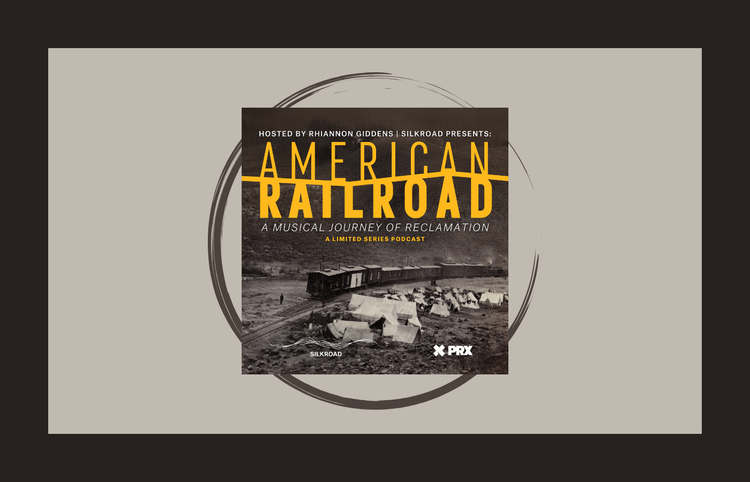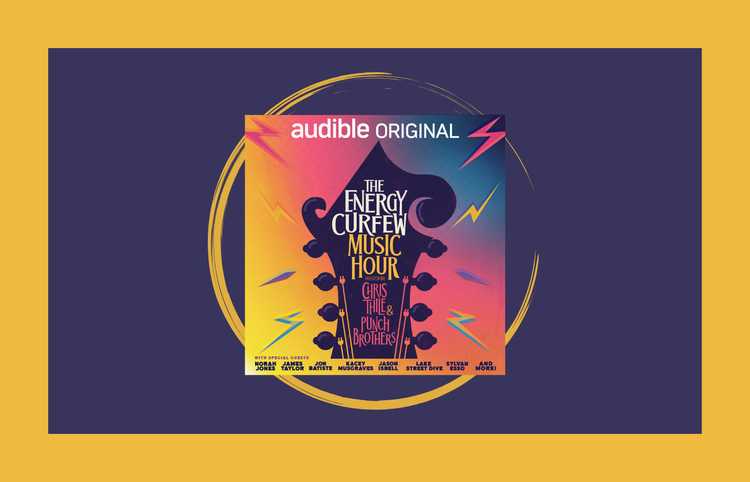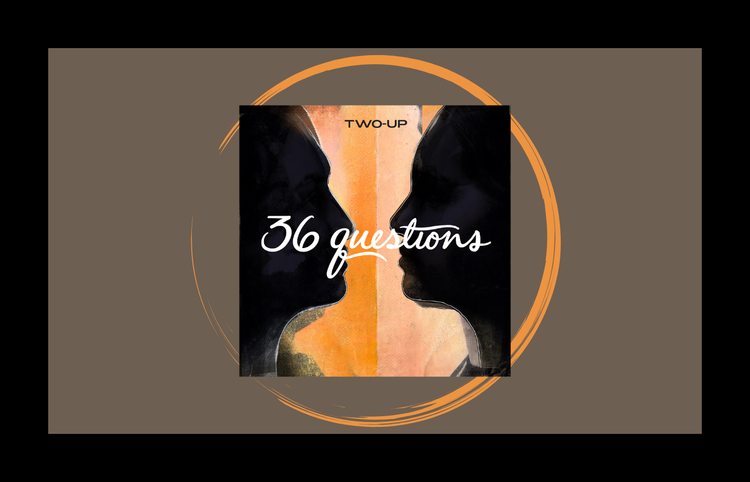Review: Dear Alana,

First, today’s podcast review covers a podcast that deals with religious trauma, conversion therapy, and suicide. Please take care of yourself, and if this isn’t for you there are plenty of other podcast reviews on this website for you to look at. If you would like resources for the subjects in this podcast, Dear Alana, has compiled them here.
If you are in the United States and are in crisis, please remember that 988 is the number for the suicide and crisis hotline.
I was raised with a vague sense of religion. If people asked me what religion I was, or am, I typically shrug and go “Christian?”. It’s a loose concept, where holidays are more excuses for family get-togethers than demonstrations or reflections of faith. There have been times with more or less religion in my life, but for the most part, I think religion is what it is for people, and isn’t what it isn’t for others. There is no visceral reaction either way for me. It just is.
I have learned that it can be dangerous, it can be helpful, it can be inclusive and it can be prejudiced. The Catholic Church feels like it created the rule of these contradictions, and holds them close to its center. It is a holder of ritual and history, of secrets and truth, of discomfort and peace. So as someone who grew up in a life of vague Christianity, I’ve lived my life holding vague contradictions at arm’s length and figuring out where I sit in them. Truthfully I sit next to them, away from them. Yet I know how they’ve influenced me. My lifelong arm’s length examination of religion has taught me to listen, to contemplate, and to take things for what they are, and at the same time what they can be.
Someone who knows these contradictions well is a man by the name of Simon Kent Fung, a gay man who once wanted to be a Catholic Priest. He is our host for this podcast and an exceptional example of how stories connect us to create these intricately woven webs of humanity. In 2019 he heard about Alana Chen on the news, and over the next few years developed a friendship with Alana’s mother, Joyce.
Simon couldn’t talk to Alana directly so he read her journals, carefully guarded by her mother. You see, in 2019 Alana took her own life, which is why she was on the news in the first place. She had disappeared, and then her death was news. Alana was 24 years old. As Alana had grown up, she was an active and exceptionally caring person. She loved ultimate frisbee, and she loved the church. She was, for many years secretly, gay, but a devoted Catholic. At one point, wanted to become a nun. She went on mission trips, helped the homeless, and even after her death has brought so many people together.
Through the eight episodes of Dear Alana, we have these two threads: Simon’s thread, and Alana’s thread. They weave together from across time and geography to build a picture of these eternal contradictions and the lessons we take from them. Simon reflects on his own life through Alana’s story and her journey. Episodes examine the history of conversion therapy, and how it has adapted to a world that is much more accepting of the fact that people are gay. It is informative, and carefully crafted as Simon attempted conversion therapy himself.
The tone of this podcast is soft, warm, and comforting despite the rough edges of the difficulty it’s examining. The music is reverent and thoughtful, reflecting the comfort that someone might have sitting in a chapel and speaking to a loving higher power. The interviews and readings of Alana’s journal are gently woven through, building to a crescendo that sings of something more. There’s more than just a story here, there’s a lesson in the danger of zeal, and there’s the sad beauty of healing through the pain of life in this world. This podcast is a tapestry of so many things that life can be, and what it can become through tragedy.
There is such profound softness through the jagged reality of pain and suffering. This podcast holds its listeners and subjects with beautiful care. It unfolds the layers these lives and stories have moment after moment, to more harsh pain and the comforting beauty of hope. The reality is that it would be easy for this to become a blame game of a story. Alana died because of the Catholic Church’s teachings around sexuality. Alana died because of the help she sought from those at the Church to go through conversion therapy, to fix something that was not supposed to be fixed. There is truth in that, but also more.
It is a reflection of facts and the consequences of people influenced and controlled by rigid institutional thought. I can find comfort in religion, and Simon still does, as Alana obviously did for so long. It is the zealous nature of the institution, and especially of those who manipulate power dynamics for control, can impact a developing mind in such a dramatic way that even after moving forward and finding love and joy in her life - Alana still took her own life.
In the final episode titled “Saint Alana”, Simon says “I couldn’t have started down this road to reconciliation if not for Alana” reflecting on how the story of Alana has changed him and his life - and more, because there is so much more. It is sympathy, it is empathy, and it’s the recognizing of signs, it’s the building of a network of hope.
Then there's also the “more” that isn’t necessarily something I can even tell you what it’s going to be. The fact that everyone is going to listen to this podcast and walk away with something for them. I’m walking away, my heart aching, but full of hope. Alana may be gone, but now there is this central point where people can go and hear and know they are not alone. That people are getting through it, and that there’s more. There will be more.
If you, or anyone you know, are suffering - Dear Alana, has compiled resources here.
Listen to Dear Alana, here.




Comments ()